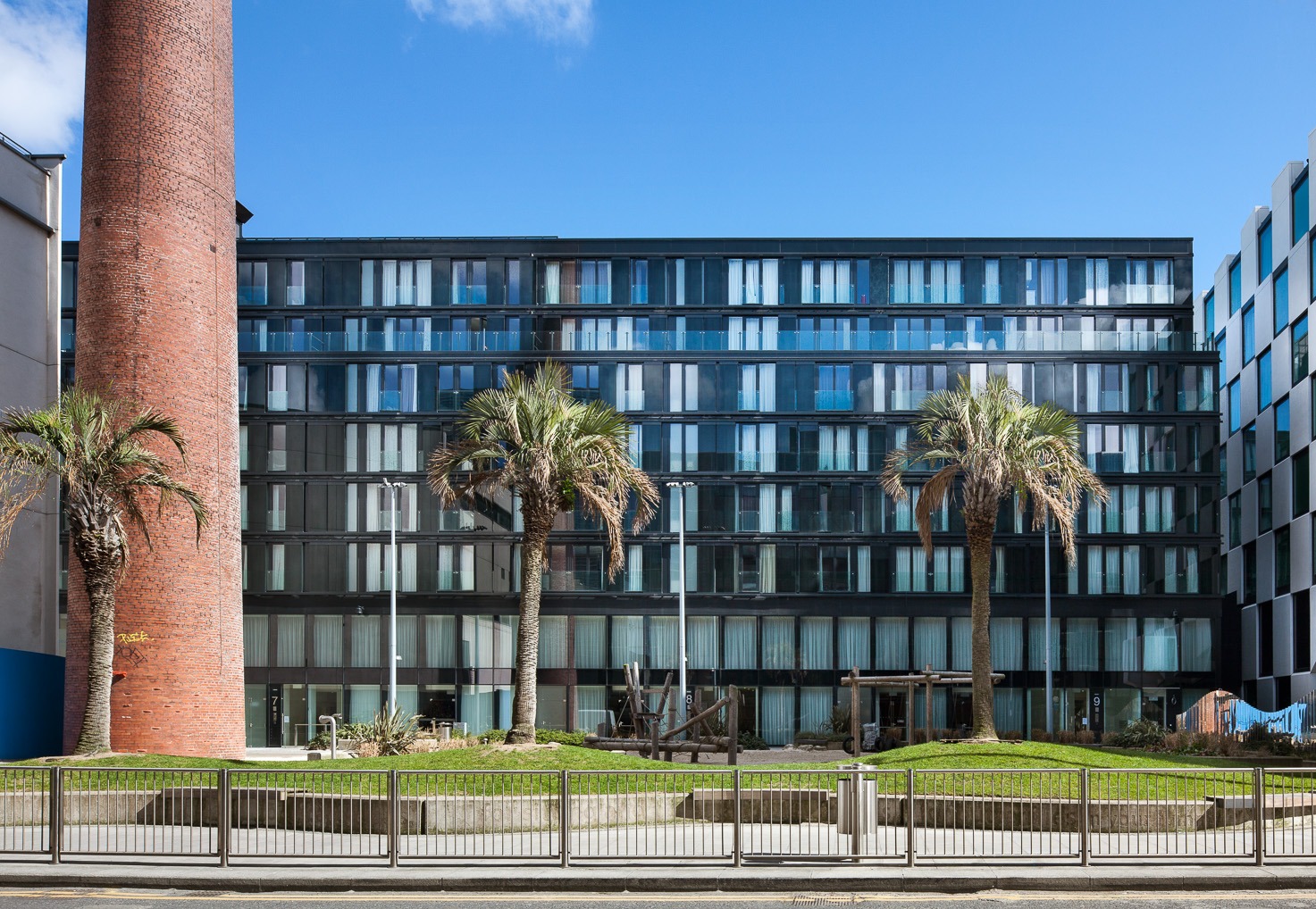It’s all change at Ires. After six and a half years, Margaret Sweeney announced earlier this week that she is to step down by the end of this year. Her choice of successor will reveal a lot about whether Ires has a future.
I briefly wrote about Sweeney’s resignation today in my investment email. In the email, I said Vision Capital, the Canadian activist investor, had been in Dublin in recent weeks and met with Ires – but that wasn’t right. Vision Capital didn’t meet the Ires executive team or its board.
A spokesperson for Ires said Sweeney’s resignation was “an entirely personal decision and she informed the Board of that decision recently following which it was announced to the market”.
Sources close to the company said she had stayed in the role longer than she had initially intended, in order to focus on building the team and address the macro challenges facing the real estate sector. Sweeney notified the board this week of her intention to resign and expects to step back next April.
A further point is that, while 38.5 per cent of shareholders at the AGM voted not to retain Sweeney as CEO, that’s not the same thing as 38.5 per cent of the entire shareholder base. The group attending the AGM isn’t equivalent to all shareholders.
The Ires board had found itself under pressure from Vision and other activist investors in recent months. As I said in my email yesterday:
“Notable from its absence in Vision’s letter is criticism of the Ires operating business. If Ires’ share price is underperforming, Vision doesn’t offer much the management could have done differently, apart from the small matter of hedging interest rate risk and the very large matter of dissolving the company. Those points aside, Ires’s operating business seems fine: occupancy was at an all-time high of 99.4 per cent in 2022.”
This is the key question when it comes to Ires. By most conventional metrics, the company is well-run. The problem is that the market is taking a dim view on European residential Reits. They trade at a deep discount to the value of their assets.
For activist investors like Vision Capital CEO Jeffrey Olin, this means the company ought to be dissolved, the assets sold and the capital returned to shareholders.
Whoever succeeds Sweeney at Ires won’t be expected to improve its operating performance. They’ll be appointed to carry out one of two very different strategies: keep the company intact in expectation of a higher share price; or strip it and sell it for parts.
The skills required for each path are very different. The choice of candidate will say a lot about the direction the board wants to go.


